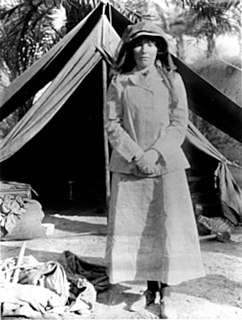A Quote by Jonathan Ive
It's just easier to talk about product attributes that you can measure with a number. Focus on price, screen size, that's easy. But there's a more difficult path, and that's to make better products, ones where maybe you can't measure their value empirically.
Related Quotes
Racism itself is difficult to measure. We can measure hate crimes - which are absolutely an indicator. We can measure reports of discrimination. We can measure the number of times hateful words are being used across the Internet. Those things all help us measure racism, but it can sometimes be nebulous.
We see a lot of feature-driven product design in which the cost of features is not properly accounted. Features can have a negative value to customers because they make the products more difficult to understand and use. We are finding that people like products that just work. It turns out that designs that just work are much harder to produce that designs that assemble long lists of features.
What do we measure when we measure time? The gloomy answer from Hawking, one of our most implacably cheerful scientists, is that we measure entropy. We measure changes and those changes are all for the worse. We measure increasing disorder. Life is hard, says science, and constancy is the greatest of miracles.
Since we are assured that the all-wise Creator has observed the most exact proportions of number, weight and measure in the make of all things, the most likely way therefore to get any insight into the nature of those parts of the Creation which come within our observation must in all reason be to number, weigh and measure.
One way to measure the size of a company, industry, or economy is to determine its output. But a better way is to determine its added value - namely, the difference between the value of its outputs, that is, the goods and services it produces, and the costs of its inputs, such as the raw materials and energy it consumes.
You can have very big local government. By big, I mean very engaged government. Do you measure it in terms of the number of laws? Number of employees? You could make arguments for either one. I tend to think the axis of the size of government is the wrong concern. But I do think that situating power more locally is a legitimate approach.
When the functionality of a product or service overshoots what customers can use, it changes the way companies have to compete. When the product isn't yet good enough, the way you compete is by making better products. In order to make better products, the architecture of the product has to be interdependent and proprietary in character.








































